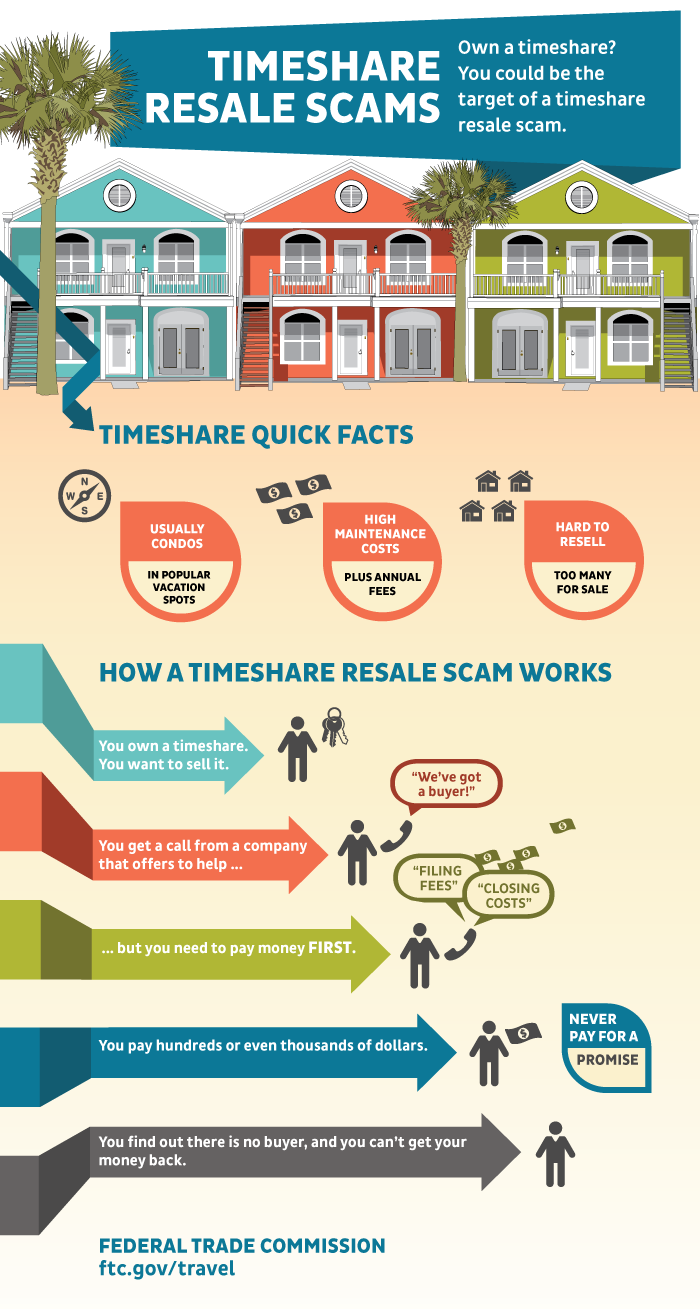Buying a house can be both an incredible and stressful procedure at the very same time. But tackling the substantial expenditure of a home in one fell swoop is frequently tough for an individual or family to deal with. That's where mortgages can be found in. Normally in exchange for a down payment, a loan provider will grant you a mortgage to permit you to fund your house with a rate of interest connected.
Comparable to other kinds of loans, home mortgages require monthly payments a process called amortization where you reduce the debt you owe in time. The rates of interest you get will be largely dependent on your credit history, along with the size of your preliminary down payment. Additionally, if you stop paying your home loan, the loan provider can foreclose on your home.
Deposit requirements differ from lending institution to lending institution and loan to loan, but they typically aren't higher than 20%. The primary balance related to your mortgage is essentially the amount you owe the lender. Lenders won't loan you cash for free. The rates of interest you get determines just how much additional you'll pay beyond simply your primary balance.
Some examples of these are assessment fees, origination charges and title insurance coverage. Home buyers who come up brief on their deposit will likely need to purchase home loan insurance coverage. Depending upon the https://slashdot.org/submission/0/browse-around-this-website kind of loan you get, this could be available in the form of personal home mortgage insurance coverage (PMI) or government loan insurance.
The application process asks questions about factors like your approximated deposit quantity, work, annual income, credit score, assets and financial obligation. This helps the lender identify the optimum loan quantity you can receive and the conditions under which you'll receive it. Residential home loans include two key types. These are fixed-rate home loans and adjustable-rate home loans (ARMs).
A fixed-rate mortgage needs the debtor to pay the very same rate of interest throughout the period of the loan. Due to the fact that of this, homebuyers will be able to prevent changing market trends. For the a lot of part, this style of home mortgage includes either a 15- or 30-year term. Some loan providers might have proprietary terms, though.
Then, depending on market modifications, your rate will change generally on a yearly basis. That makes ARMs considerably more unpredictable than their fixed-rate counterpart. Here are a couple examples of ARMs: The "5" suggests your initial rate will last for five years, while the "1" implies your rate will reset every year.
Aside from standard home mortgage types, government companies offer their own loans to homebuyers. 3 key government firms offer these services: the Federal Real Estate Administration (FHA), the U.S. Department of Agriculture (USDA) and the U.S. Department of Veterans Affairs (VA). FHA loans are special because they enable property buyers to pay simply a 3.5% down payment, which is far listed below the standard 20%.

In truth, even those who have gone insolvent can get authorized. You can only obtain a USDA loan if you're looking to buy a home in a "rural location," which is designated by the USDA itself. These fixed-rate mortgages frequently come with no deposit whatsoever. Because the VA offers these mortgages, they are solely Click for info available to military service-members, retired service-members and some making it through military spouses.

Jumbo loans are non-conforming home mortgages. This indicates that they do not fall within the optimum adhering loan limitations federal government firms set. More particularly, loans for single-family homes are capped at $484,350. If your home loan surpasses those bounds, you require to make an application for a jumbo loan. If you're prepared to make the delve into homeownership, you'll likely require to get a home mortgage.
There's a wide variety of business that fit under this heading, including banks, cooperative credit union and online lending institutions, like Rocket Home loan and SoFi. These loan providers can then be split into 2 subcategories: retail lenders and direct lenders. The only necessary distinction between them is that retail lenders offer financial products beyond simply home loans, while direct lenders concentrate on mortgages.
Contrary to the large-scale method made use of by home mortgage lenders, portfolio lenders lend their own money by their own guidelines. This could be advantageous, as these lenders aren't bound by the same stringent regulations and investor interests that mortgage bankers frequently are. If you require a jumbo loan, it may be simpler to get one through a portfolio lending institution.
Mortgages from these lenders tend to have high rate of interest and minimum deposits, however. As an outcome, investors wanting to fix and flip residential or commercial properties on a short-term basis are their most common clients. Like their name shows, wholesale lending institutions supply moneying loans to banks, mortgage brokers and other outside loan providers.
Oftentimes, you'll see the name of the wholesale lender noted on your home mortgage documentation instead of your broker. As soon as your mortgage is total, a correspondent loan provider will seek to sell it to a sponsor, which is an external financier. In order to acquire a loan, sponsors should guarantee that it fulfills their requirements.
By offering the home mortgages, reporter lending institutions are essentially ensuring they earn money, as the possibility that a homebuyer defaults is gotten rid of. Home loans can be actually handy if you wish to purchase a house and can't manage the overall cost upfront. Though the types of lenders that provide them vary, it's ultimately approximately you to choose whether a specific home mortgage, or loan provider, is for you.